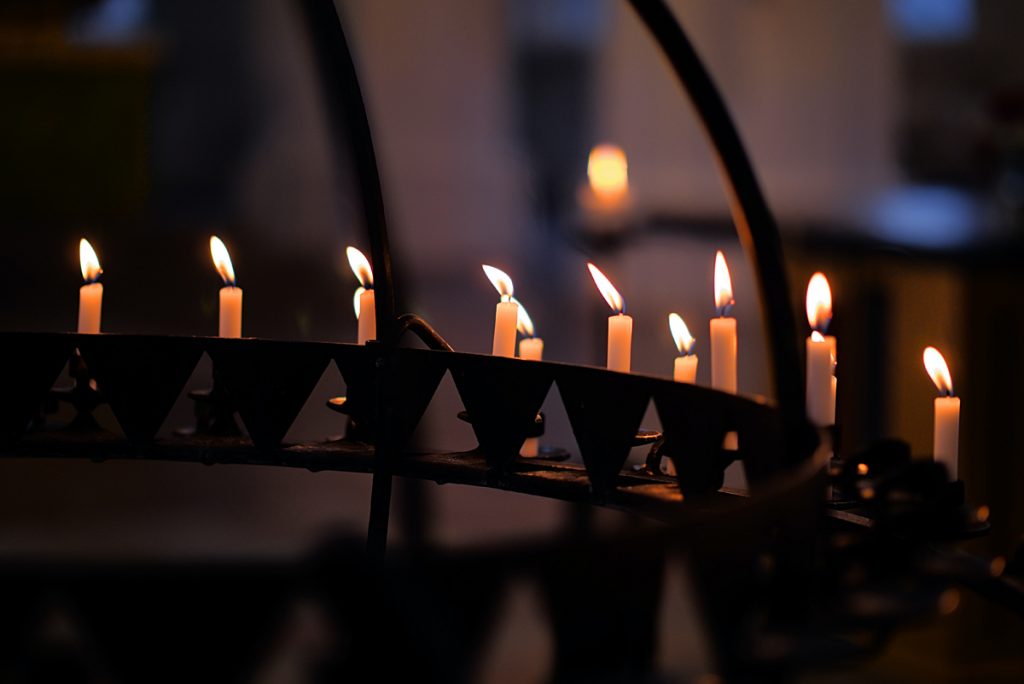To assure the construction and completion of the second temple after Israel’s Babylonian exile, Zerubbabel was commissioned to undertake the project with supernatural help. As we read in Zechariah 4:6, Zerubbabel as governor of Judah was empowered by the Holy Spirit to rebuild the temple in Jerusalem. As the first temple was destroyed in 587 BC (2 Kings 25), it was in fulfillment of YHWH’s judgment upon Jerusalem and all of Judah. Where until its final destruction, numerous occupants of the city were exiled to Babylon, and for 70-years, they remained in captivity. After the Persians of the North conquered Babylonia in 539 BC, its emperor Cyrus the Great released the Hebrews back to their homeland to complete the 70-year expulsion due to their rejection of God.
As promised of YHWH, the people of Israel returned to their appointed country and began to undergo restoration to include the rebuilding of the Jerusalem temple, among other dwellings. Not to the former grandeur that it was known of before, but to a reduced stature without the presence of God and His glory to occupy it. The people of Judah were again free, but they still faced hardships as they worked to regain stability through trade, agriculture, husbandry, farming, and other areas of city living. The context of living at the time involved the strenuous and burdensome recovery of the land and the rebuilding of the previously destroyed city.
The visions of the golden lampstand and the olive trees (Zechariah 4:1-14) provide the surrounding context by which the Holy Spirit inhabits Zerubbabel and fills him with the power to build the second temple. As decreed by YHWH, Zerubbabel accomplished this task over time, not by his strength, stamina, wealth, or capabilities but by the Holy Spirit’s power.
While presented within the vision of the golden lampstand with a bowl above it, we encounter the Holy Spirit’s symbolism over the total construction effort. That the bowl symbolizes the supply of power necessary to complete the task set before Zerubbabel, that is, to build the second temple that shall exist during the time of Christ to usher in the Kingdom of God.
The second temple’s existence contributes to the physical environment by which the work of Jesus is carried out. It so appears that the restoration of the physical temple without its indwelling presence provides the situational and eschatological framework by which the life and ministry of Jesus are set in motion. The reconstruction of the temple and the return of the people were to become restored in the near term and the distant future in support of Christ’s future redemptive work. Altogether part of an orchestrated effort to include the destruction of the temple yet again by the Romans in 70 AD.
Through these circumstances, as given by Zechariah 4:6, we are presented with an example of an empowering work from the Holy Spirit. YHWH provided the indwelling of the Spirit within Zerubbabel to empower him, as He can do the same for those in Christ who are born of the Spirit. So, it is here the theological principle applies to bring confidence that we are to trust in Him and live by the Spirit. As it is a reliance on the Spirit rather than our capabilities, resources, intellect, or strength to accomplish what He desires of us.
















Comments are closed.